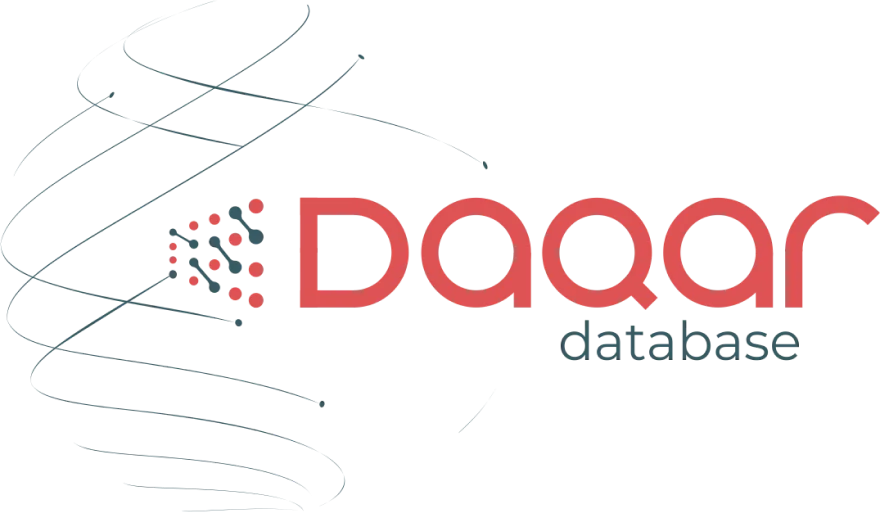What is DAQAR?
The Database of External Quality Assurance Results in the Asia-Pacific Region (DAQAR) is a single database of higher education institutions and study programmes accredited by quality assurance agencies registered in the Asia-Pacific Quality Register (APQR).
APQR-registered agencies are entitled to add the accredited programmes and universities to the DAQAR database.
It provides easy access to quality assurance reports and decisions, including information about:
accreditation agency:
- name of the agency
- type of quality assurance procedure (institutional/programme)
- status of accreditation (mandatory/voluntary)
- decision (positive/negative/with conditions)
- dates of validity
- evidence (external review report)
accredited university:
- official name in the local language and in English
- location: city, country
- official website link
- name of the accredited programmes and the qualification awarded
accredited programme:
- name of the programme
- level of education (BA, Master, PhD, further education)
- type of accreditation
- status of accreditation (voluntary/mandatory)
- decision (positive/negative/with conditions)
- dates of validity
- evidence (external review report)

The ultimate goal of the database is the recognition of qualifications and diplomas across countries.
Key beneficiaries of the DAQAR databaseQuality assurance agencies could use this platform to upload and disseminate their external review results. The database provides easy access to the outcomes of all the previous external quality assurance procedures. The database promotes the agency’s brand name and image, enhances its attractiveness and competitiveness.
For students, the database is a helpful source of objective information related to quality assurance procedures when they choose where to study and what programme to choose. An accredited programme enables students to participate in academic mobility programmes and cross-border education and to apply for different grants.
For higher education institutions, the database is a valuable instrument to increase their visibility, competitiveness and international recognition.
The national authorities can rely on the database as an important source of information on the condition of the national HE and QA in the country. The more HEIs and programmes are represented in the database, the higher and stronger positions could the national HE have as a whole.